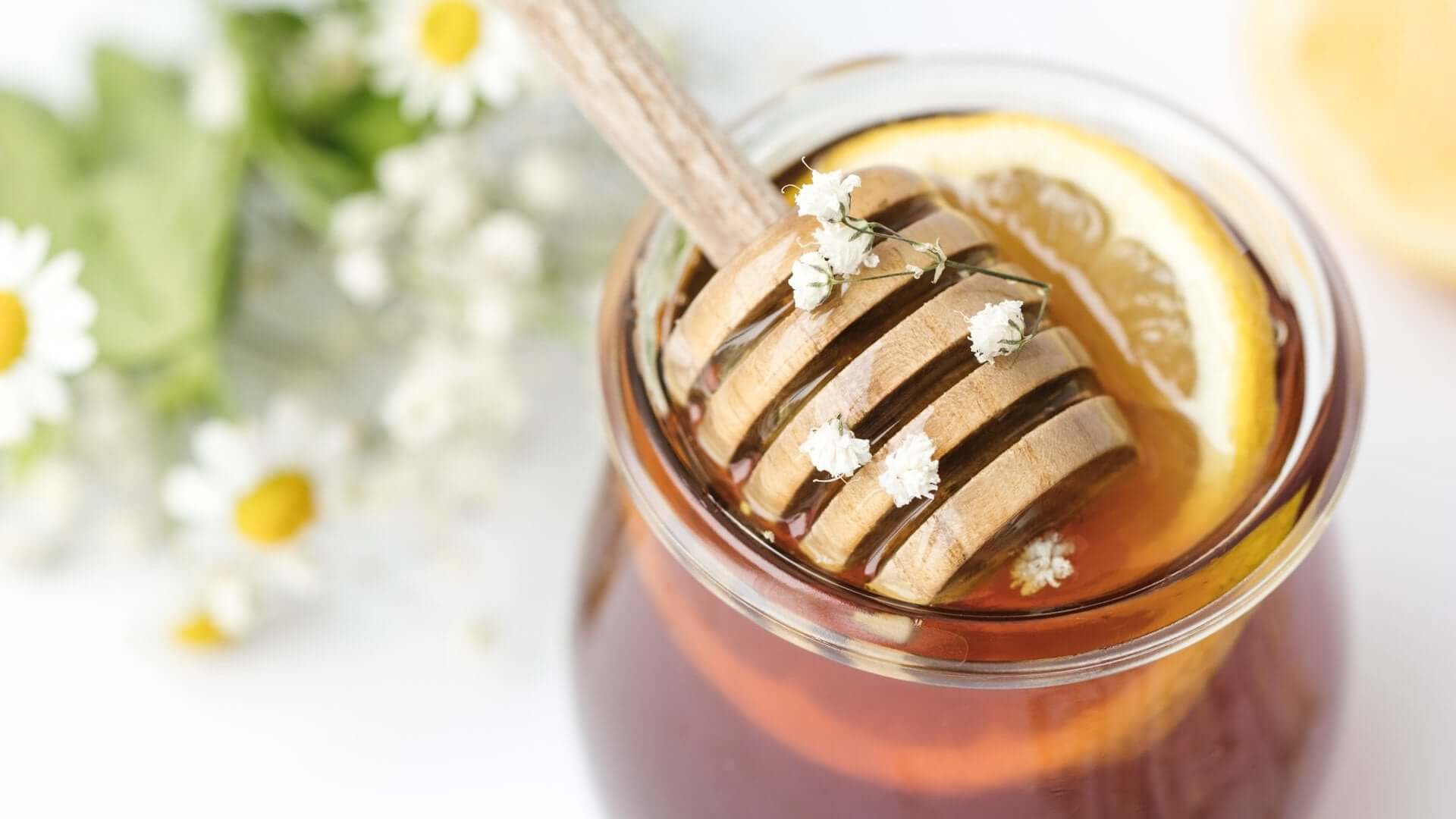
Inhaltsverzeichnis
Is honey vegan?
Honey comes from bees. We all know that. But how exactly is honey produced, and isn't it actually safe to eat honey since bees produce it anyway? Today we want to get to the bottom of the question of whether honey is vegan or not.
A small disclaimer up front: I am neither a beekeeper nor a bee expert, nor do I work in honey production. Everything I share here is my own research. During my research, I quickly realized that the topic of honey is complex. It's extremely difficult to present all the relevant information in a single blog post. To be honest, it's even difficult to distinguish correct information from incorrect information. There are many online and offline arguments between "honey advocates" and "honey opponents." Both sides accuse the other of one-sided and incorrect arguments. So please keep that in mind when reading this post. Nevertheless, I'll do my best not to include any incorrect information here. Well, in the end, it's probably always best to form your own opinion... :-)
How is honey made?
Let’s start at the very beginning, namely with what the actual task of bees is in our ecosystem.
Bees could be called the "messengers of love" of plants, as they help them reproduce. Plant flowers need to be pollinated to produce seeds or fruit. And this is precisely what bees are responsible for: they "pick up" pollen from the flower on their foraging flights and return it to the plant the next time they visit the same plant species – ensuring the plant's survival. This is important to know, as it then makes you realize how important bees are for our ecosystem. If there were no bees, one-third of all plant species would be nonexistent. Without bees, there would be no fruit – and that includes our beloved apples, almonds, berries, tomatoes, and pears.
That's all well and good, but what about the honey?
Pollen isn't the only thing bees carry on their flights from one place to another. The scent and colors of flowering plants attract bees, who suck up the nectar from the flower through their proboscises. The nectar forms the basis for what will later become honey and is stored in the bee's honey sac. The bee flies back to its hive. Here, another bee receives the cargo. Wait a minute, doesn't that mean that bees are just the means of transport, and that honey itself doesn't actually contain any animal ingredients? Because if that were the case, wouldn't honey actually be vegan (= production and end product without animal ingredients), right?
You might think so, but that's not the case. The honey production process isn't finished at this point. The bees continually suck up the nectar and regurgitate it. This whole process happens up to 50 times! During this process, the nectar in the bee's stomach is repeatedly enriched with the body's own enzymes; at the same time, the water is removed from the nectar. This creates the sticky, thick consistency we know from honey. Finally, the substance is unloaded into a honeycomb, where it is "sealed" with beeswax for longer shelf life and then remains there. All of this means that honey is ultimately an animal product—and therefore, according to the previous definition—not vegan.
Of course, there are also vegans who are vegan for ethical reasons such as factory farming or animal welfare.And these aspects also need to be clarified as to whether honey is vegan. More on that in a moment. But first, I'd like to discuss why the bees themselves actually produce honey. Because what seems like a fairly simple production process to us is hard work for the bees.

Photo by Cool Calm Design Lab on Unsplash
What do bees need nectar for?
A bee produces throughout their entire lives just under a teaspoon of honey – for one kilo of honey, bees have to nine and a half times fly around the globe 🤯Of course, the bees don't do all this hard work for fun, but because they depend on the honey. Honey contains all the essential nutrients for the bees and is their staple food. It is needed to feed the young bees and serves as an important energy reserve, especially during the cold winter months.
How safe is the mass production of honey?
Let's now take a look at the point at which humans intervene in this whole process. Because honey is produced for the masses and there is such high demand, we could also call it factory farming. As with the production of meat, milk, or other animal products, the priority here is not animal welfare, but profit. We all know that animals in factory farming are not well cared for. But is this also the case with bees?
The bees live wherever their queen bee is. To prevent the natural swarming of a colony, the queen bee's wings are clipped. This ties her to the location chosen by humans. The bees are kept in boxes called "magazines." The design of these magazines facilitates human access to the honey. While they were also developed to minimize the number of bees injured, the primary concern remains access to the honey and the flexible transport of the bees. In the magazines, the bees can be easily transported from location to location, where they can work as profitably as possible.
In addition, queen bees are often artificially inseminated (something we also know from milk production, for example), and in winter, the bees on large bee farms are killed in various ways because feeding them over the winter would be too expensive. If they are kept over the winter, they are given sugar water as a honey substitute (because the honey they have stored for overwintering is largely taken away by humans). These substitutes lack the enzymes important for the bees' immune systems, making the colony more susceptible to disease.
So is honey vegan or not?
It should be noted that, of course, not all beekeepers apply these measures. Unfortunately, this is often the case, especially in large production facilities. Smaller, local beekeeping operations often ensure that the bees themselves have enough honey to overwinter and pay attention to other stress-reducing conditions.
Whether honey is vegan or not ultimately depends on how we define veganism. If vegan means that the product contains no animal-derived ingredients, honey is clearly not vegan. However, if vegan means that animal welfare is taken into account, the answer depends on the conditions of the beekeeping operations.But here too, the answer in the vast majority of cases is: No, honey is not vegan – after all, it is still taken away from the animals at the end of the day.
Most vegans reject the consumption of honey. However, there are some who see no problem with consuming honey, as long as they buy it from a local beekeeping operation where they know what's going on. The decision whether to eat honey or not is ultimately up to each individual.
I think we should remind ourselves more often how important the living creatures on our planet actually are to us. I believe this needs to be appreciated much more. Far too often, we only focus on how we can benefit even more from the creatures that surround us. This alone is enough to make me want to stop eating honey. I prefer to support beekeepers who truly care about the preservation of (honey and wild) bees and who even leave their honey to the honey bees themselves. :)
Are there honey alternatives?
Finally, the question arises as to what alternatives there are to honey. The "golden nectar" is often used to sweeten food, drinks, or baked goods. And no question, Honey is delicious. Nevertheless, some people prefer to avoid consuming honey.
The good news is that it is super easy, To replace honey. And that these alternatives can taste just as good! Examples of alternatives include agave syrup, sugar beet syrup, and date syrup. These and We will present you more alternatives in more detail here.
If you would like to learn more about healthy eating, mindfulness, sustainability or family and pregnancy, Check out more exciting blog articles on these topics here.
Sources:
https://www.motherearthnews.com/homesteading-and-livestock/feeding-refined-sugar-to-honey-bees
https://bienen-dialoge.de/honig-und-zuckerfuetterung/
https://www.peta.de/themen/honig/#.WT5W-hPygzV
https://www.peta.de/themen/honig-von-bienen-aus-der-massenzucht/#.WT5e7xPygzU
https://www.realclearscience.com/quick_and_clear_science/2017/04/08/do_honeybees_feel_pain.html
https://www.bee-careful.com/de/fruchtvielfalt/die-bestaeubung-durch-die-biene/
https://www.bee-careful.com/de/fruchtvielfalt/wert-der-biene/
https://bienen.info/wieviel-honig-produziert-eine-biene/#Wozu_brauchen_Bienen_Honig_ueberhaupt







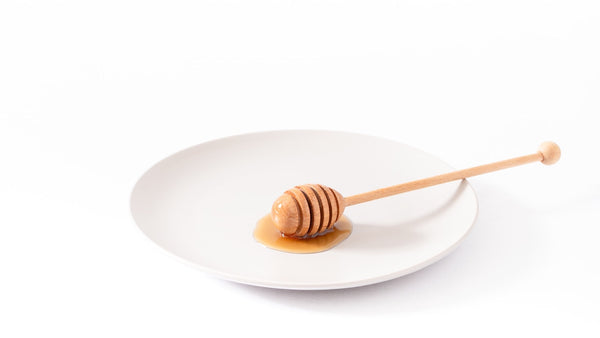


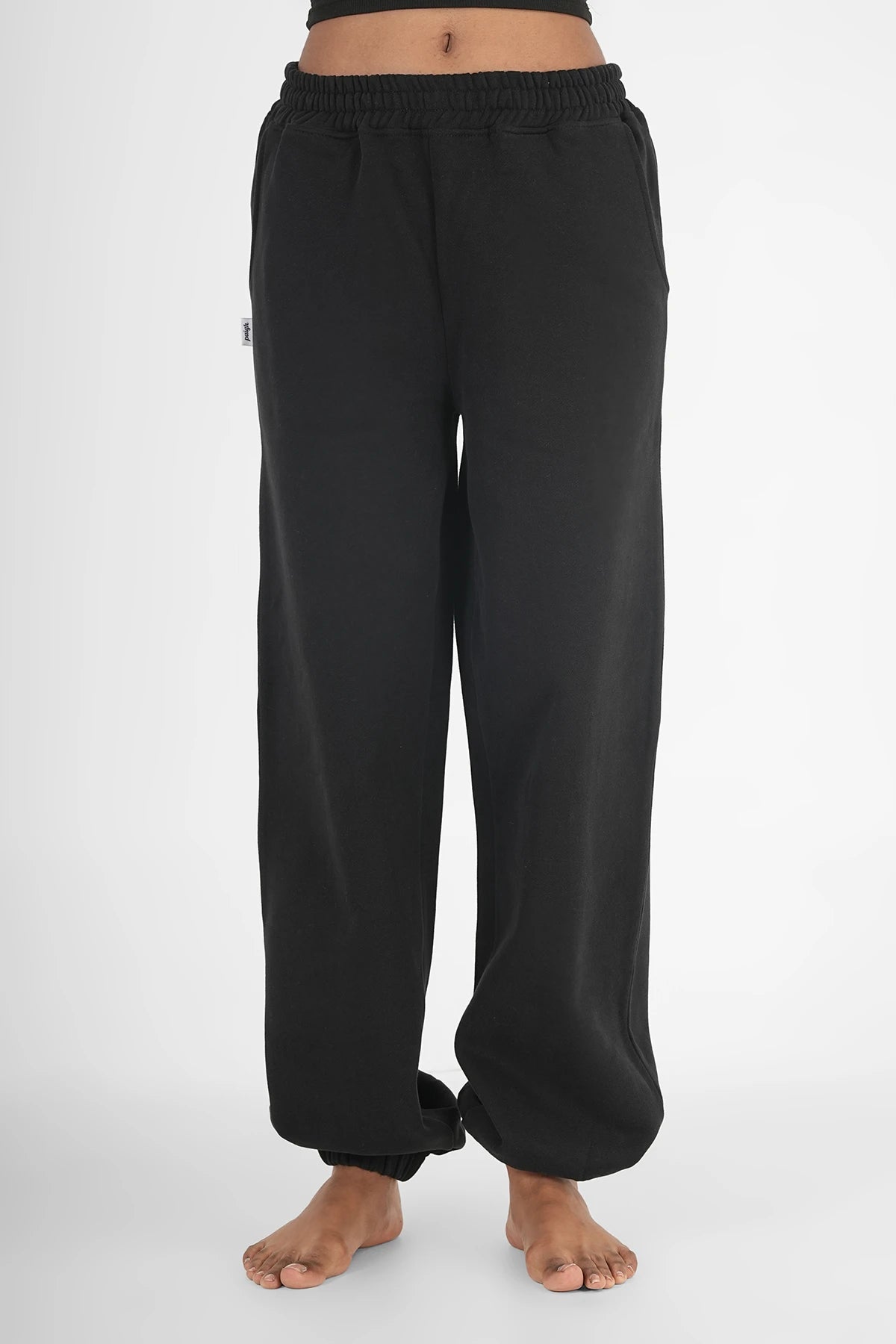
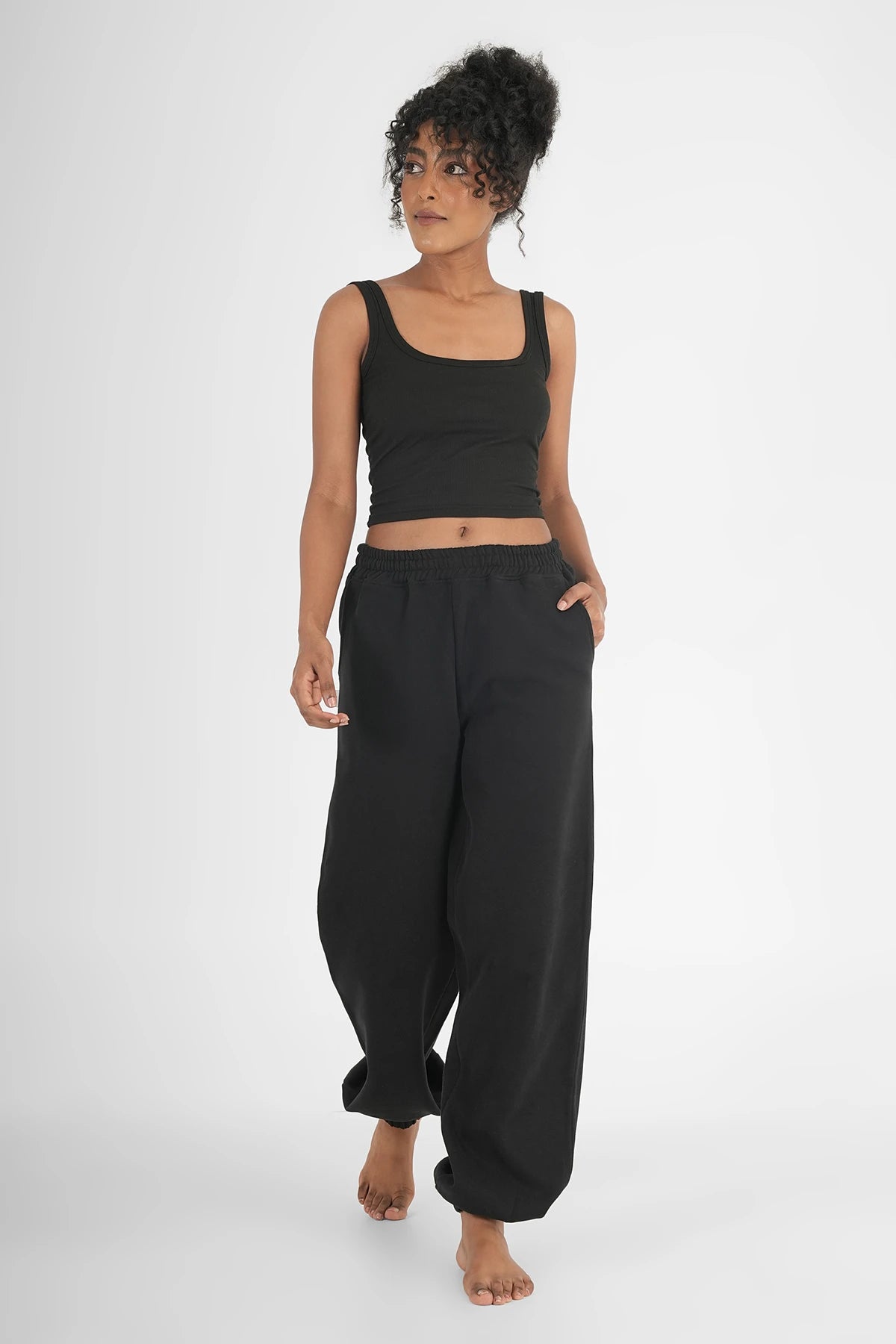
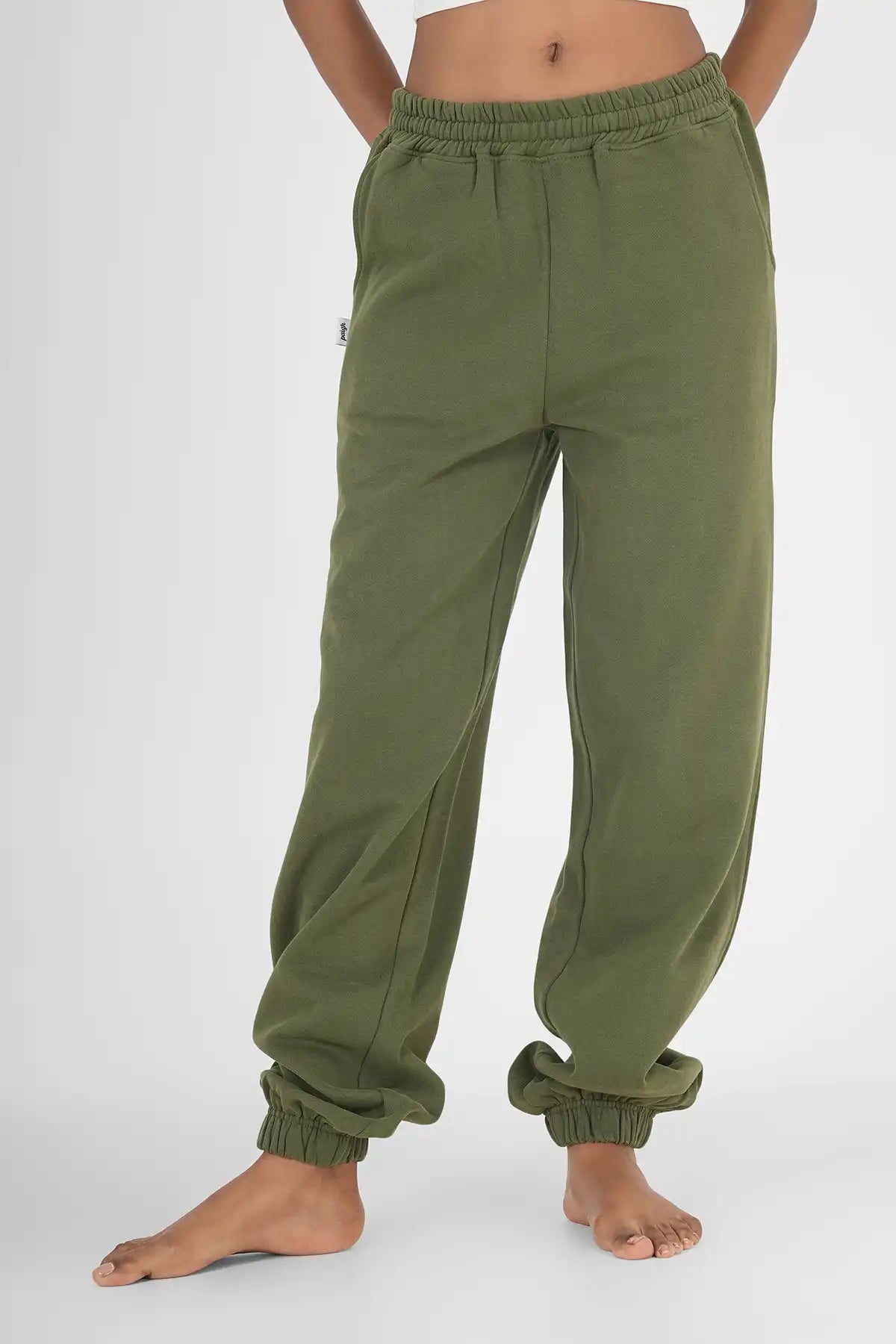

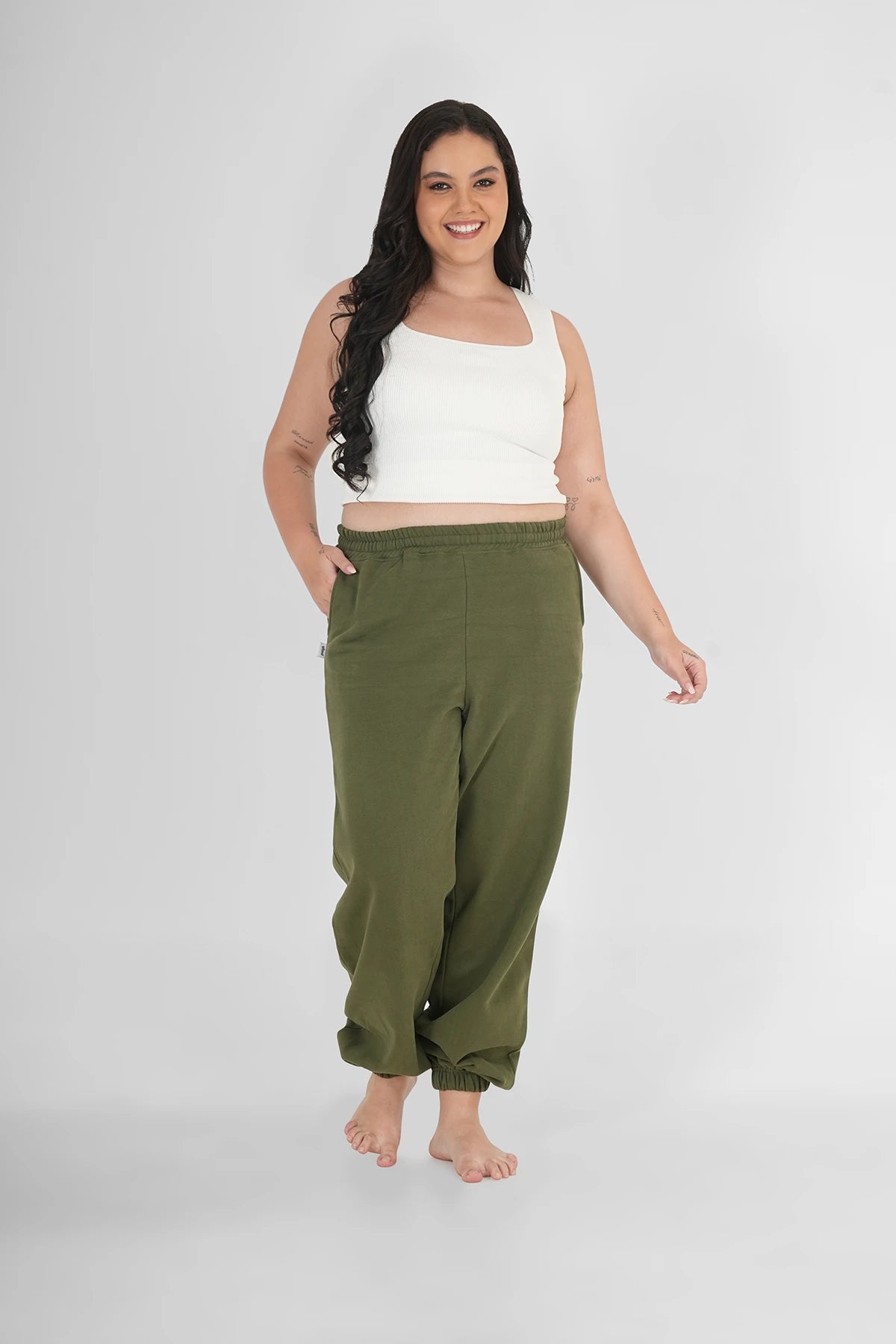









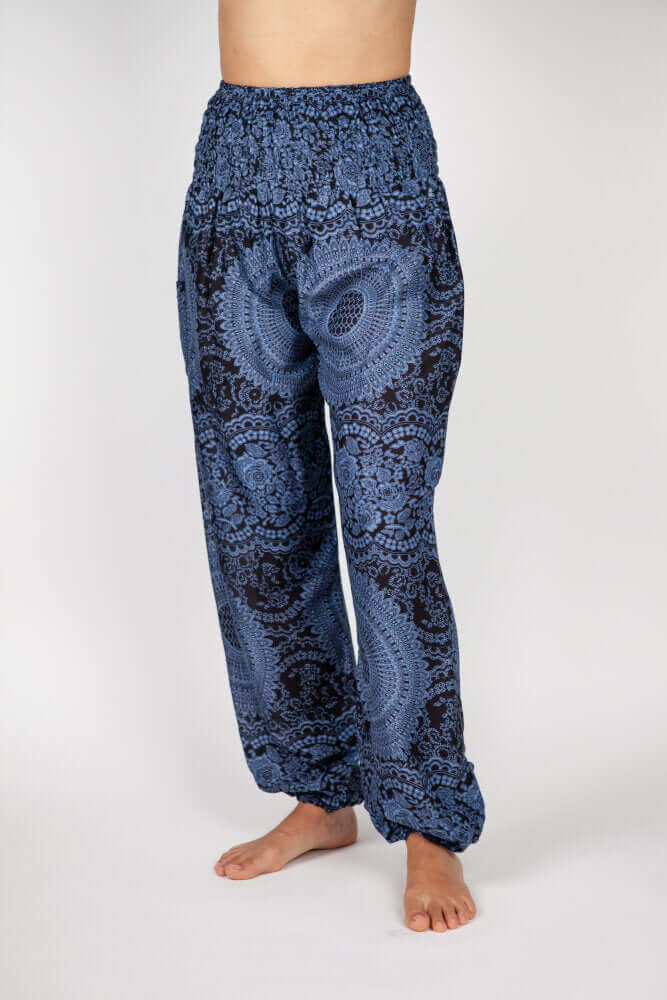

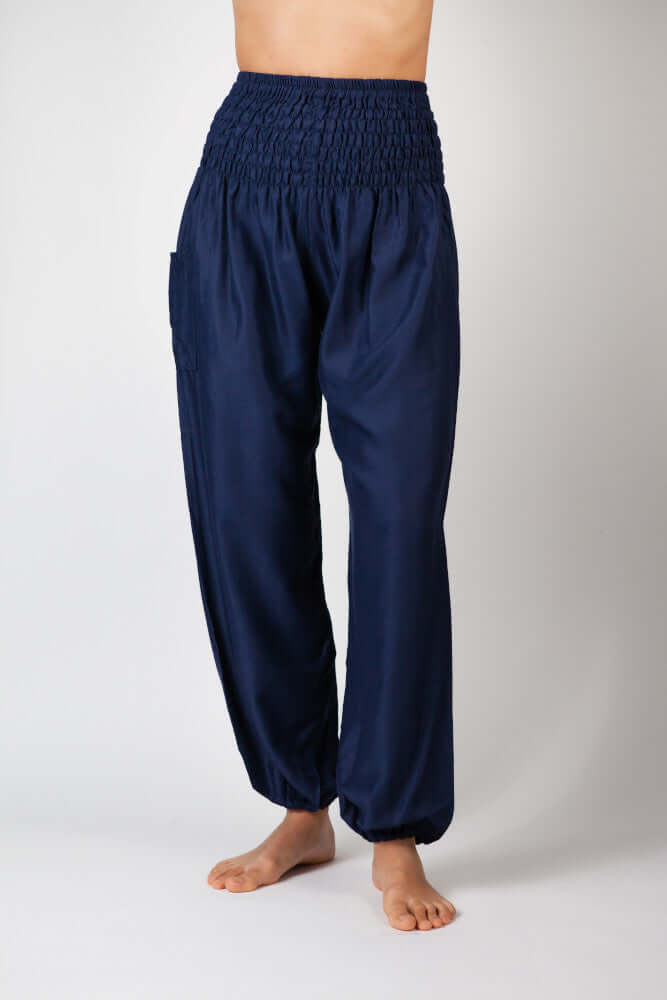

Leave a comment
This site is protected by hCaptcha and the hCaptcha Privacy Policy and Terms of Service apply.